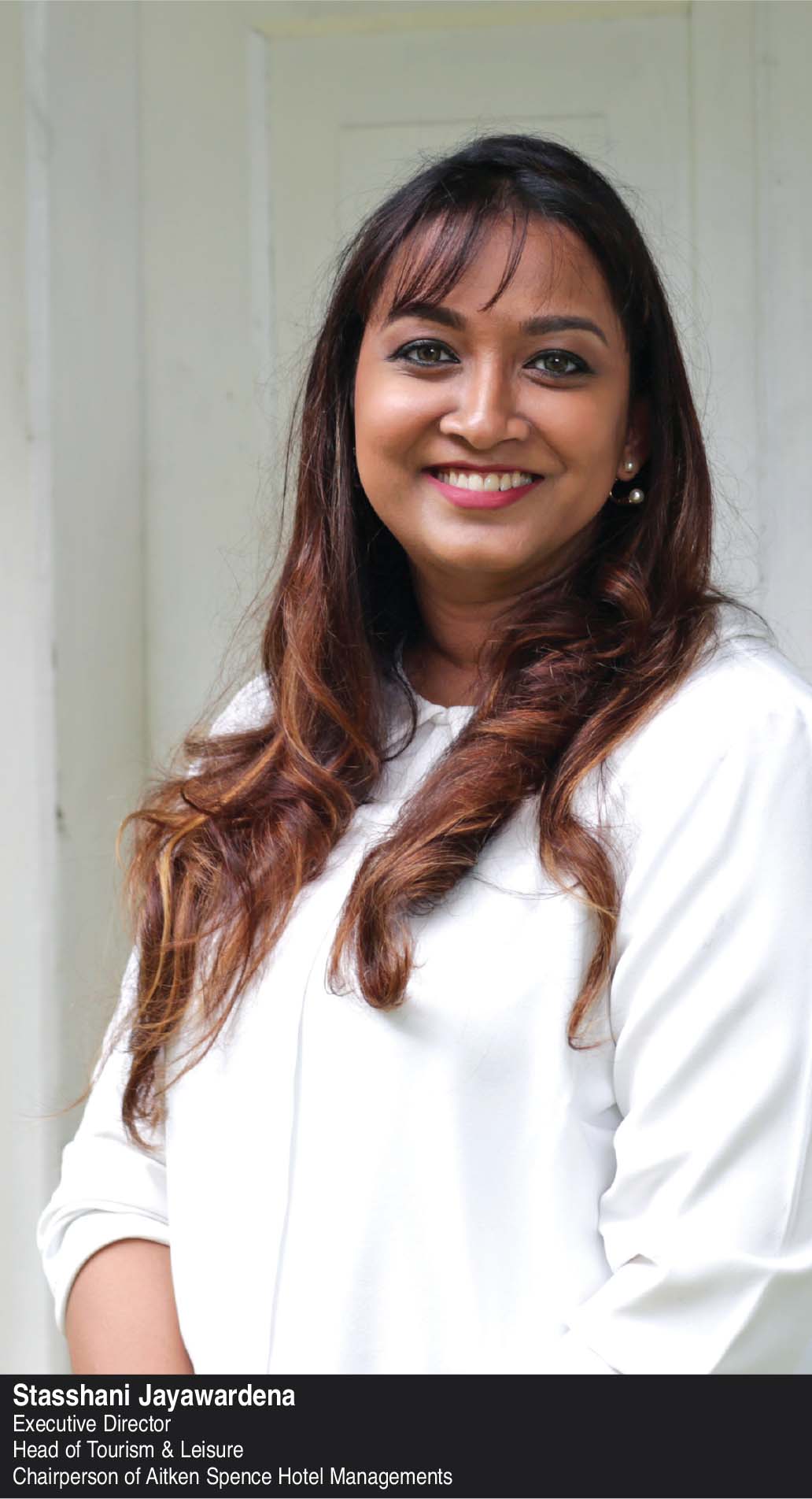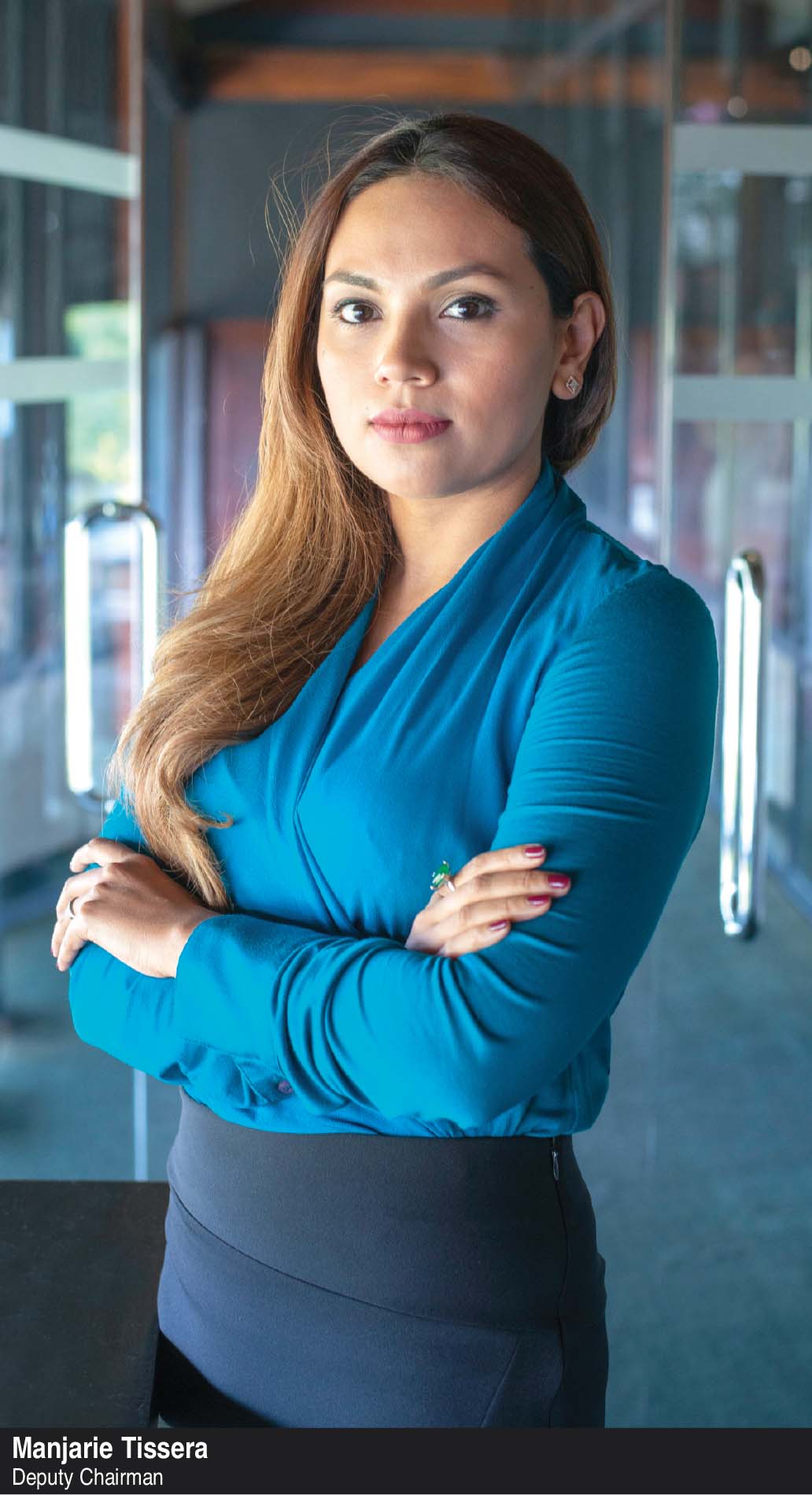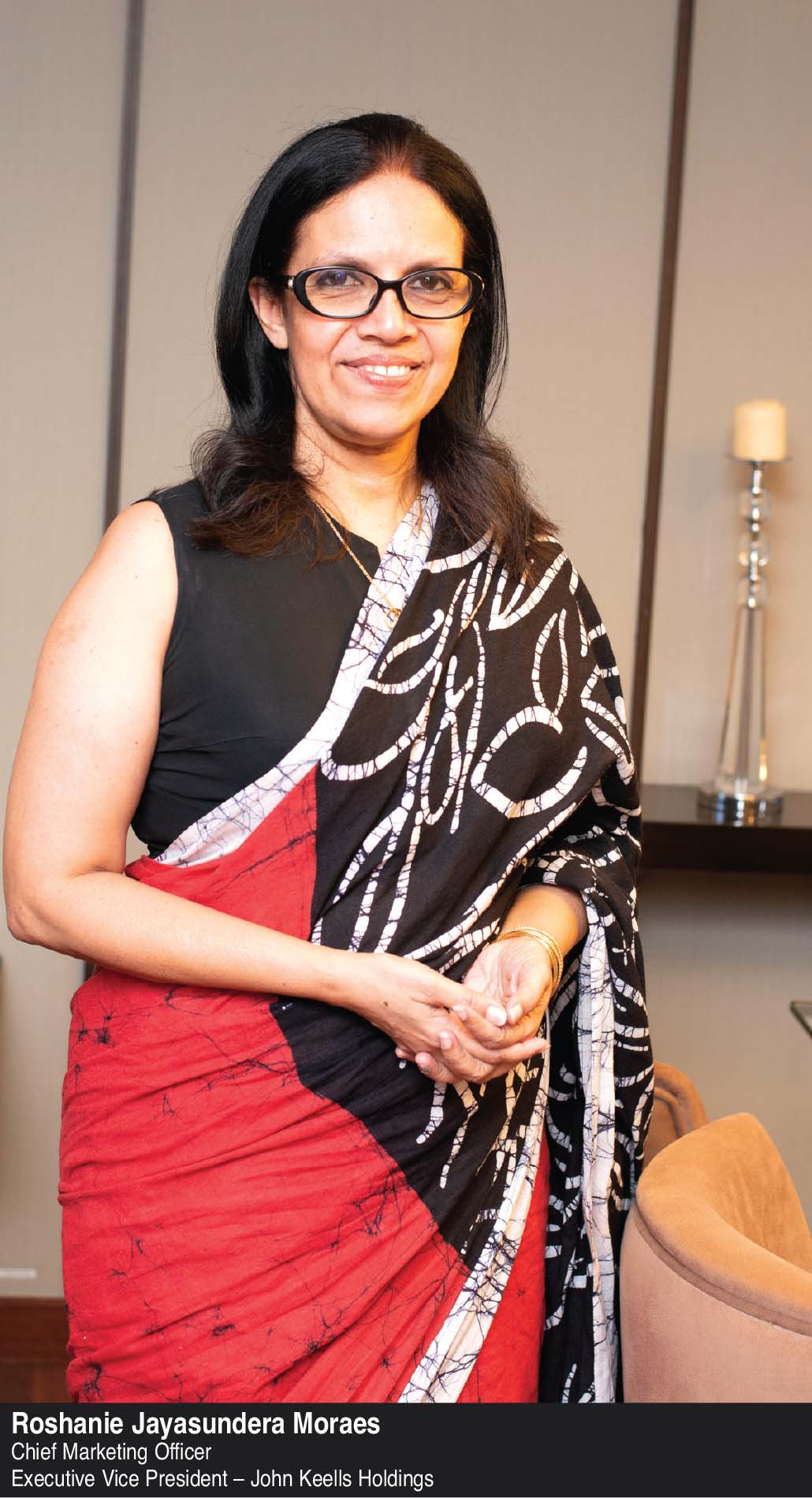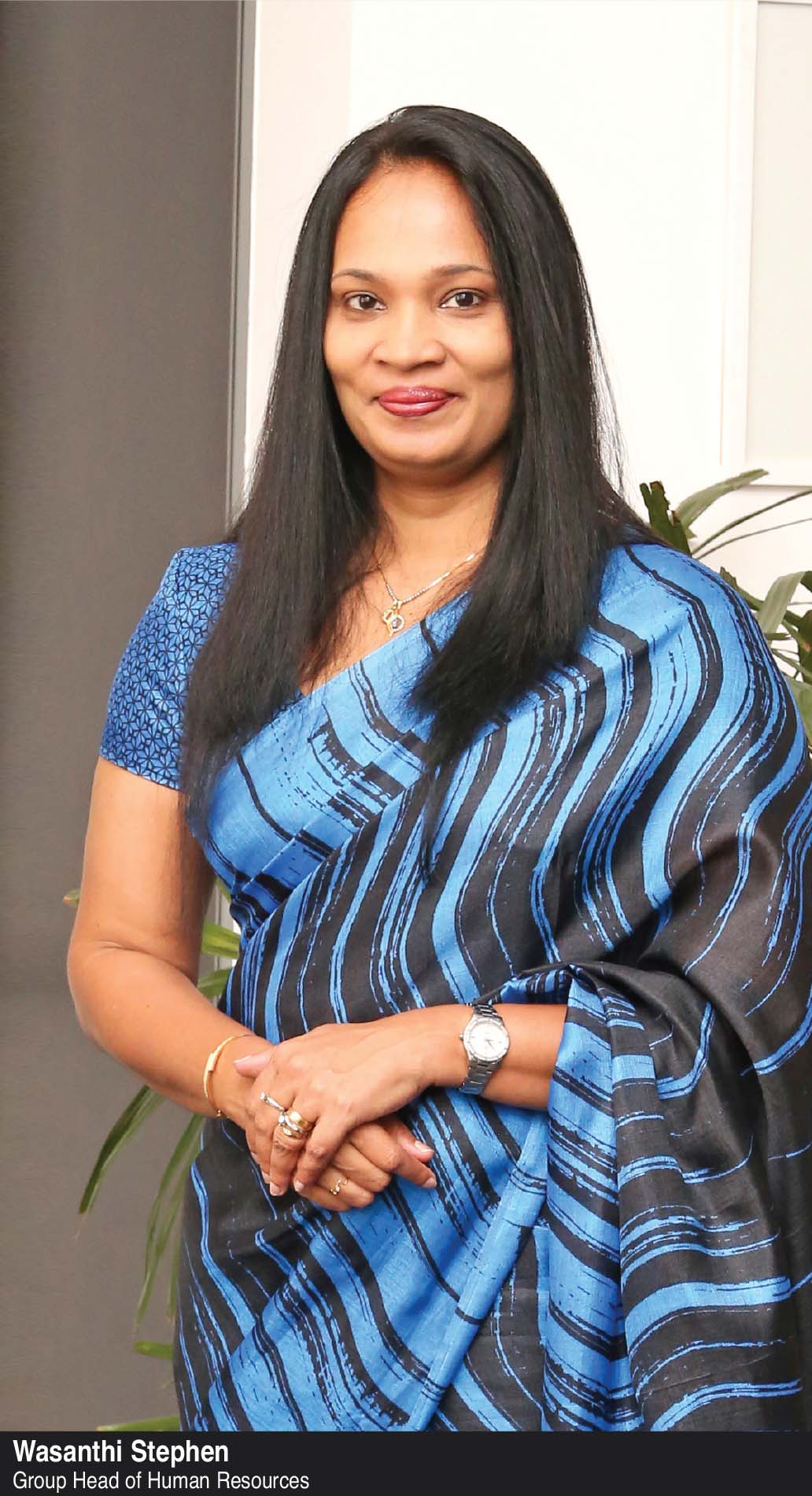SUNSHINE HOLDINGS
Q: As a businesswoman, how do you view female representation in the public and private sectors?
A: Well, the census details on Sri Lanka merely reinforce an unspoken truth – women’s participation in both of these sectors of the economy is relatively low. In 2010, this representation stood at approximately 40 percent but declined to a little over 30 percent in 2018, which represents a major drop from where we were back in 2010.
This is alarming because the numbers ought to have increased. It would be worthwhile to look at this from a different angle.
Is there an actual decline or are more women leaning towards self-employment?
If you were to consider certain statistics, women are performing quite well as professionals so it makes one wonder if they are now seeking more flexible work options.
Female representation in the public sector stands at 19.3 percent while the private sector is at nearly 40 percent. However, it is common knowledge that fewer women occupy positions in the higher levels of management in the public sector. So there appears to be more of a glass ceiling in the public sector than there is in the private sector.
Q: Do Sri Lankan businesswomen have the potential to go global?
A: Yes, I personally think that we’ve got what it takes to go global albeit with reference to an urban minority. However, based on the low participation rates alone, we can say that not many are heading in that direction. There is a need for greater female participation.
Q: How can Sri Lankan businesses achieve more women’s participation, in your view?
A: There are organisations that advocate women coaching other women to provide them the boost they need to go global – and in my opinion, that’s a step in the right direction.
Q: So what needs to be done or changed for businesswomen to ‘think global’?
A: It’s a combination of many factors. We’re deeply entrenched in a culture where we believe that there are certain jobs a woman ‘must do’ or ‘can’t do.’ This is something that needs to change.
Commitments to parenting, and care of the elderly and households, are common to both genders. Therefore, we should begin with the education system so that eventually, girls can realise that they have the potential to achieve more.
Q: How crucial is it for women to assert themselves as valuable members of the business world?
A: Firstly, I don’t think this is gender specific; it applies to all. If you were to consider Sunshine Holdings for example, everybody who has a good idea needs to assert themselves to ensure that they are heard.
Here again, I don’t believe that merely because you’re a woman, you need to shout louder. It’s more about how professional a person is.
For instance, if you can’t speak up and air your opinion at a round table meeting, gender doesn’t make a difference there. I feel that a person’s approach is determined more by individual characteristics of being introverted or extroverted.
Q: Do you believe that women are being supported to maximise their potential?
A: Again, we need to consider the cultural aspects and a transition as a whole whereby we’re looking at enabling women to participate better in the economy by removing barriers.
Safer transport, zero tolerance of sexual harassment, improved childcare, and equal pay for equal work needs to be actively supported.
Q: In your opinion, how can society help women reach their potential?
A: For us to help women reach their potential, it needs to be ingrained in our values – beginning with the education system and acquisition of the right skill sets.
People look up to teachers and school principals as influencers of opinion. So they should speak up, ensure that students believe in themselves and teach parents to support their children’s dreams.
Q: And is it your view that this applies to urban Colombo?
A: I do think that people in Colombo and developed towns are at an advantage to some degree. But sadly, in rural areas, people continue to be influenced by age-old values, traditions and thinking when it comes to the role of women in society. There is potential to tap into this.
Q: What would be your overall message to businesswomen in Sri Lanka?
A: Firstly, if you’ve got somewhere, try to bring more people up to that level. Next, never ever use the fact that you are a female, wife or mother as an excuse to not perform a task. Personally, I have never used such an excuse. Certainly, I have commitments but will always work to get a job done.
Many women are in a disadvantageous situation today because their predecessors used such excuses. Women need to realise that when they use their gender as an excuse, they’re actually doing womankind a huge disservice.
Finally, teach your daughters to dream big, believing that anything is possible; and your sons to appreciate and acknowledge a shared responsibility in all of life’s commitments.







